During the tumultuous weeks and months of the past year, a nine-letter word emerged as a game changer for the nation’s legal marijuana industry: “essential.”
It began about a week after the World Health Organization on March 11 declared the COVID-19 outbreak a global pandemic. That’s when California announced a statewide business lockdown, by Illinois.
Both states also designated marijuana operators as “essential” – along with pharmacies, supermarkets and liquor stores – and those businesses were allowed to stay open.
California and Illinois were soon by dozens of other states that declared marijuana operators as “essential businesses.”
In all, nearly 30 states with functional marijuana markets – as well as the District of Columbia and Puerto Rico – deemed marijuana businesses as essential.
The rush of “essential” designations in the early weeks of the pandemic proved to be one of the most momentous moments in the timeline of the nation’s legal marijuana industry – and it arguably helped lead to the creation of new state-legal MJ markets that are projected to generate billions of dollars in sales.
By casting marijuana as “essential,” states put the cannabis industry in the same category as pharmacies, hospitals and other sources of legitimate medicine.
In short, cannabis went from an alternative treatment to an essential medicine, giving it a major upgrade in credibility. State regulators and health experts sanctioned that upgrade.
Moreover, states put marijuana on the same footing as a federally legal industry, alcohol.
The “essential” designation triggered other major changes in the marijuana industry:
-
1). It further destigmatized the drug among consumers.
-
2). Regulators in many states mandated business-friendly safety measures such as curbside pickup and home delivery.
-
3). State health authorities gave physicians the green light to write recommendations for medical marijuana through online appointments, also known as telemedicine. That move made it easier for patients to obtain medical cards.
These factors helped state-legal marijuana markets across the country break sales records in 2020.
Industry observers also say the “essential” designation spurred marijuana legalization in seven states – five by ballot initiative and two by legislatures. It also increased momentum at the federal level for reform.
But entrepreneurs and advocates have also found that the “essential” designation has had limitations.
For all the positive change with consumers and revenue-starved state officials, serious obstacles remain – lack of banking access, federal prohibition and medical-establishment skepticism, among others.
In short, the “essential” designation hasn’t swayed all those who have the authority to undo those obstacles.
By the numbers
According to a Marijuana Policy Project analysis of legal marijuana markets in 32 states and Washington DC, all except one – Massachusetts’ recreational market – were allowed to stay open during state-mandated stay-at-home orders.
Massachusetts’ medical market was declared “essential” and continued operating, while the recreational market was allowed to resume sales on May 25.
Of those 33 markets, 28 explicitly declared marijuana businesses as “essential” (including Massachusetts’ MMJ market), and three states had lockdowns but allowed cannabis businesses to continue operating without explicitly designating them as “essential,” according to the MPP.
Arkansas and North Dakota didn’t implement statewide lockdowns, so the “essential” designation was moot.
Iowa instituted lockdowns in some areas but still made a distinction between “essential” and “non-essential” businesses, with cannabis companies designated as “essential.”
Of those 33 markets, 18 allowed home delivery of marijuana before COVID-19, five added delivery in response to the pandemic and 10 did not make delivery an option, according to the MPP.
Of those 33 markets, 10 allowed curbside and/or drive-thru pickup before the pandemic, and 19 allowed curbside and/or drive-thru service in response. In four states, curbside or drive-thru pickup were not options.
And of those 33 markets:
-
19 allowed MMJ physician appointments to be done through telemedicine before COVID-19 (10 allowed telemedicine for first appointments and card renewals; nine allowed telemedicine only for renewals).
-
11 allowed MMJ physician appointments by telemedicine after the pandemic began.
-
Arizona did not allow MMJ appointments through telemedicine, while there was no information for Iowa and New Jersey.
Credibility with consumers
The “essential” designation had the most sway with consumers, as evidenced by the sales surge that cannabis has experienced during the pandemic.
“People finally recognize this for what it is. It’s medicine,” said Gary Santo, CEO of Tilt Holdings, a multistate operator headquartered in Phoenix that also owns a major vaporizer manufacturer, Jupiter Research.
Referencing a marijuana legalization bill passed in the U.S. House of Representatives last year, the MPP’s Hawkins said: “The ‘essential’ designation helped to legitimize cannabis as an important part of not only state economies but also incredibly important to patients and to recreational consumers.
Help at the state and federal levels
Hawkins and other observers say the “essential” designation was a factor last November when voters in five states legalized recreational and medical marijuana markets through ballot initiatives.
Together, those states could generate more than $2.5 billion in annual medical and recreational cannabis sales by 2024.
Separately, lawmakers in Vermont approved a recreational marijuana program last October. That program is projected to generate roughly $250 million in annual sales by 2025.
Virginia legislators suit last month, approving an adult-use program that could generate nearly $1.5 billion in annual sales within five years of the scheduled Jan. 1, 2024, start.
At the federal level, the “essential” designation has helped move the needle on marijuana reform.
“Throughout the presidential debates, at least on the Democratic side, there was very robust discussion around cannabis legalization,” Hawkins noted. “That didn’t happen in a vacuum.
“It underscored that, in the middle of a pandemic, cannabis was being deemed an essential commodity. And that was reflected in the fact that every presidential candidate had something to say about cannabis, with most believing that it should be legalized.”
While the “essential” designation was persuasive with consumers, state regulators and some members of Congress, it so far has failed to persuade federal officials to end the government’s marijuana prohibition.
The “essential” designation has yet to spur congressional passage of more moderate steps, including:
-
Banking reform for cannabis businesses.
-
Marijuana industry access to the federal government’s Paycheck Protection Program, which was designed to help small businesses keep workers employed during the COVID-19 pandemic.
-
Allowing Veterans Affairs physicians to recommend medical cannabis for veterans.
The “essential” designation also failed to change the mind of major medical institutions.
In December, the American Medical Association sent a letter to House Speaker Nancy Pelosi arguing against the MORE Act, although the physicians group did support bills that would allow for more medical research of cannabis.
“There was always a bit of a disappointment for me, because if you’re deemed ‘essential,’ and yet you’re not able to qualify for things that others in that category can qualify for, it made it a little bit of a dichotomy in terms of common sense,” said Geoff Bacino, a former federal banking regulator and now a Washington DC-based consultant whose clients include marijuana businesses.
While the “essential” designation has made it easier for state politicians to argue for legalization or liberalizing regulations, Bacino is less certain it’s changed any minds in Congress.


 English
English français
français Deutsch
Deutsch русский
русский italiano
italiano español
español português
português Nederlands
Nederlands 日本語
日本語 한국의
한국의






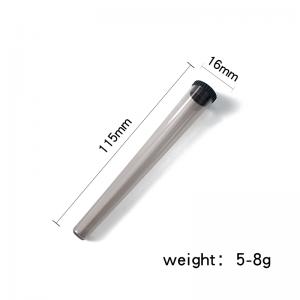
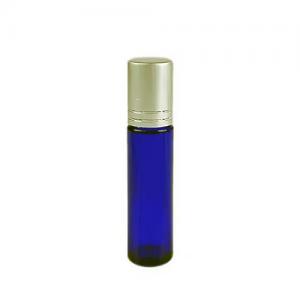
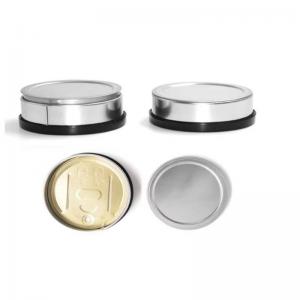
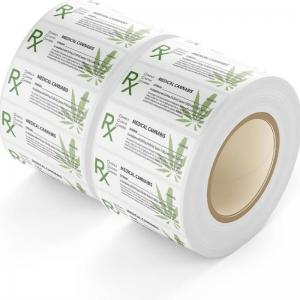
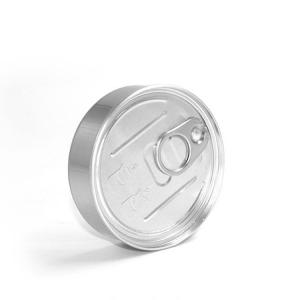
 2021-03-17
2021-03-17
 Online service
Online service +86 15375471059
+86 15375471059

